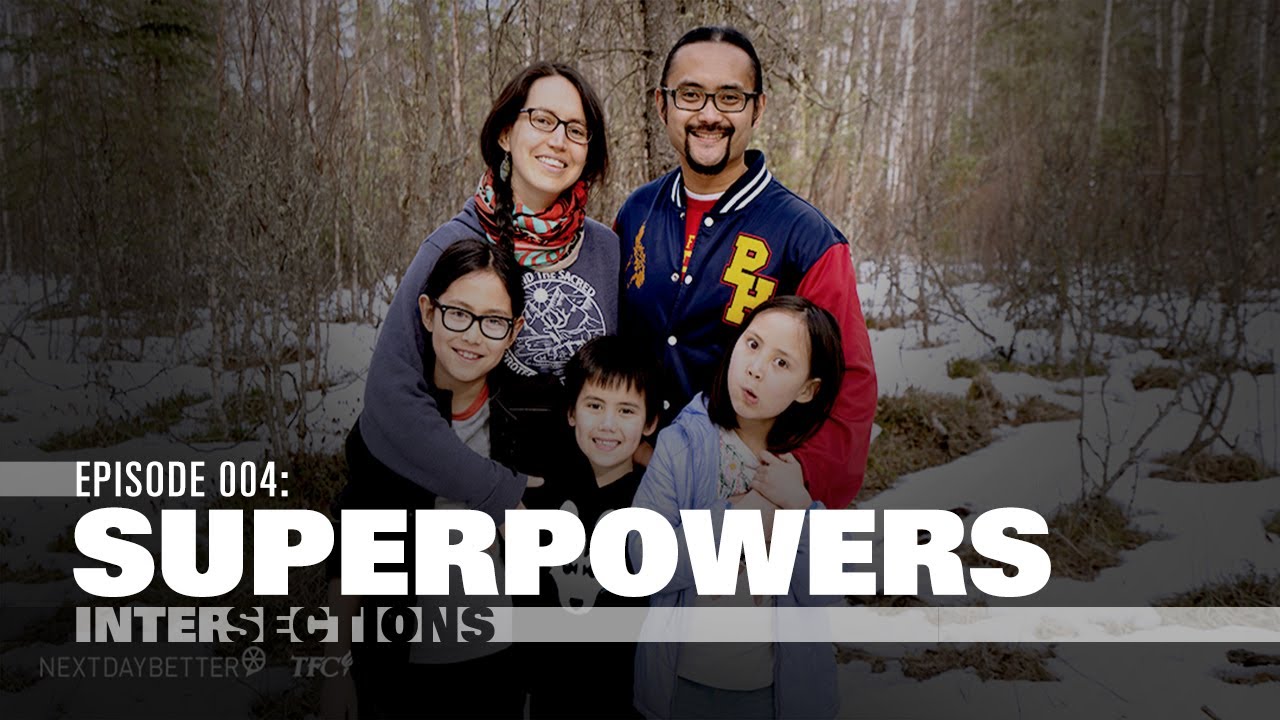Being Muslim in the U.S.
Summary
TLDRThis video highlights the experiences of Muslims in the United States, focusing on their pride in both their faith and their American identity. Despite facing challenges such as discrimination and misunderstanding, many Muslims remain optimistic about their place in society. The survey reveals that most American Muslims believe in the American dream, with a diverse community of immigrants, second-generation, and long-established families. The video also explores the struggles Muslims face in the political climate, the media's portrayal of Islam, and the rise of Islamophobia, but emphasizes the resilience and hope of the Muslim American community.
Takeaways
- 😀 Muslims in the U.S. are proud of both their faith and American identity, with many viewing it as possible to be both Muslim and American.
- 😀 Approximately half of the U.S. population personally knows a Muslim, but overall awareness of Muslim communities is still limited.
- 😀 Muslims in the U.S. report experiencing discrimination, with half saying they’ve faced some form of prejudice or mistreatment in the past year.
- 😀 Despite challenges, the majority of Muslims in the U.S. believe in the American Dream and see opportunities for success through hard work.
- 😀 The Muslim American community is diverse, with individuals coming from over 75 countries, and includes different generations and racial backgrounds.
- 😀 A significant number of Muslims express concern about negative media portrayals and the link between Islam and violent extremism.
- 😀 Despite concerns about discrimination, many Muslims remain optimistic about the future, believing that societal progress is possible.
- 😀 Muslims in the U.S. are increasingly visible in advocating for their rights and rejecting stereotypes, especially in the wake of political events.
- 😀 Muslim women and those who visibly identify as Muslim report higher rates of discrimination compared to Muslim men.
- 😀 While there are concerns about political figures, particularly President Trump, many Muslims continue to express optimism about America’s ability to overcome societal challenges like Islamophobia.
- 😀 Support from allies in the U.S. has been crucial for many Muslims, with numerous individuals sharing positive experiences of solidarity and kindness.
Q & A
What is the main goal of the Pew Research Center regarding Muslims in the U.S.?
-The main goal of the Pew Research Center is to understand the role of religion in American public life, specifically by exploring the views and experiences of Muslims in the U.S., including both larger and smaller religious groups.
How much of the U.S. public knows a Muslim personally, according to the survey?
-According to the survey, only about half of the U.S. public says they know a Muslim personally, and of those who do, most only know a handful of Muslims.
What is the general sentiment of Muslims in the U.S. towards their lives and their belief in the American Dream?
-Most Muslims in the U.S. are satisfied with their lives and believe in the American Dream, which they feel suggests that hard work can lead to success in the U.S.
How do Muslims in the U.S. view their identity in relation to being both Muslim and American?
-Muslims in the U.S. express pride in both their Muslim identity and their American identity. They see themselves as both Muslim and American, emphasizing that these identities are not mutually exclusive.
What role does immigration play in the Muslim American community?
-A significant portion of Muslims in the U.S. are immigrants, with about 60% of the community born outside of the U.S. Another 20% are second-generation, with the rest coming from families who have been in the U.S. for several generations.
What challenges do Muslim Americans face in terms of discrimination?
-Muslim Americans face various forms of discrimination, such as being treated with suspicion, being singled out by law enforcement, being called offensive names, or even experiencing physical threats. Muslim women and those who visibly identify as Muslim are particularly vulnerable.
How do Muslim Americans feel about the media's portrayal of Islam?
-Many Muslim Americans are concerned about the way Islam and Muslims are covered by the media, which often portrays them in connection with violence and extremism. This has contributed to negative stereotypes that they feel don't reflect their true identity.
How do Muslim Americans feel about the political climate under President Trump?
-Many Muslim Americans express concern and frustration with President Trump's rhetoric, believing that it has made them feel more unwelcome and anxious about their place in society. They report feeling that Trump is unfriendly toward Muslims.
What are the main factors that influence Muslim Americans' views on their place in U.S. society?
-Muslim Americans' views on their place in society are influenced by their experiences of discrimination, the political climate, and their sense of community pride. Despite challenges, many remain optimistic about their future and the progress of the Muslim American community.
What is the general outlook for the future of Muslims in the U.S. despite current challenges?
-Despite facing discrimination and political challenges, many Muslims in the U.S. are optimistic about the future. They believe that the younger generation is more active and vocal in advocating for equality and inclusivity, and that the values of tolerance and understanding will prevail.
Outlines

此内容仅限付费用户访问。 请升级后访问。
立即升级Mindmap

此内容仅限付费用户访问。 请升级后访问。
立即升级Keywords

此内容仅限付费用户访问。 请升级后访问。
立即升级Highlights

此内容仅限付费用户访问。 请升级后访问。
立即升级Transcripts

此内容仅限付费用户访问。 请升级后访问。
立即升级浏览更多相关视频

My America: Reyna Grande on Writing and Belonging Across Borders

Coyotes in the US

35th U.S. Colored Troops: An American Story

Gejolak bumi syuhada palestina #UstadAhmadsuja'i M.M

How a Filipino Raises his Kids with his Native Alaskan Wife

Trump kontra Harris. Polski rozdział w wyborach prezydenckich w USA
5.0 / 5 (0 votes)
